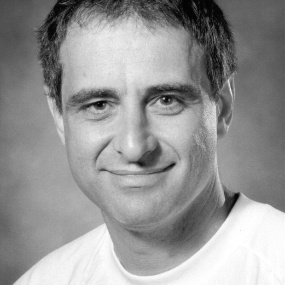PSYCH 1650 Computing in the Arts
Course description
Over the centuries, artists in a wide variety of media have employed many approaches to the creative process, ranging from the philosophical to the mechanical to the virtual. This course unravels some of the mysteries going on inside software used for art and music. It looks at ways of breaking things apart and sampling and ways of putting things together and resynthesizing, and explores ideas for creation. This course does not teach software packages for creating art and music. The course complements ART 2701 and MUSIC 1421.
Outcome 1: Understand, manipulate, and design algorithms and other processes for creating music and other art forms. Specific techniques may draw from stochastic, iterative, algebraic and geometric methods, amongst others.
Outcome 2: Have a degree of understanding of the design process —idea, formulation, specification, implementation, testing to refinement — and the development of effective interfaces.
Outcome 3: Have a basic understanding of the basics of probability, group theory, basic programming, feedback systems, sampling, and synthesis with emphasis on building applications via assisted process control (principles of simple programming).
Good comfort level with computers and some of the arts recommended.
No upcoming classes were found.
Previously offered classes
Summer 2025: Ithaca campus

| Section ID: | PSYCH 1650 001-LEC |
| Number: | 1500 |
| Session: | Summer 3-week 2 |
| Class dates: | June 23-July 11, 2025 |
| Mode of instruction: | In person |
| Days / times: | M-F 9:30 AM - 12:15 PM |
| Location: | See the University Roster for class locations. NetID required. |
| Final exam/project due: | Saturday July 12, 11:59 PM (see Final exams) |
| Credit: | 3 |
| Grade: | Student option |
| Instructor: | Bailey, G. (gob1) |
| Max. enroll: | 15 |
| Restrictions: | Precollege enrollment limited to: commuter students. |
| Related: | Cross-listed with CS 1610 001-LEC |
| To enroll: | Register now
This course is open to all registrants, including undergraduates and precollege students. |


